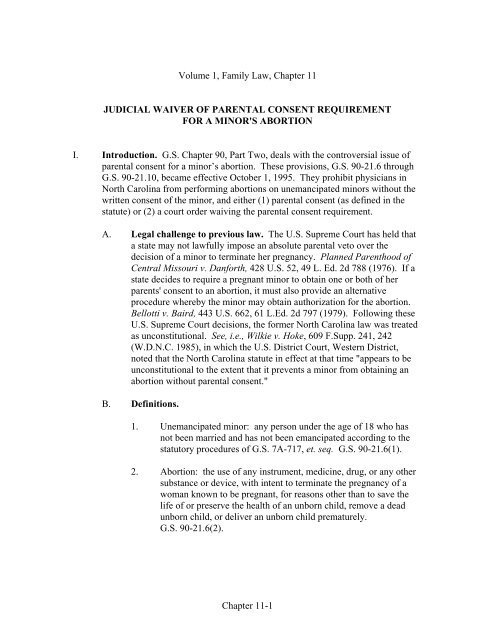

To change or modify in an attempt to improve, correct or update. AllocutionĬourt’s inquiry if there is any legal cause why sentence should not be imposed. To affirm or declare positively but without proof.AllegationĪn assertion made by a party which must be proved or supported with evidence. Term used to indicate another name by which a person is known ie.) a/k/a (Also Known As), d/b/a (Doing Business As), f/ka (Formerly Known As), n/k/a (Now Known As) Alias ProcessĪny process identical to the original but issued upon request of party after the original process was issued because the original was not returned, was returned without service, or was improperly served. Similar to a servant for the purposes of the rule of respondent superior, under which a principal may be held liable for the wrongful acts or omissions of his/her agents or servants.

One who is authorized to act for another. An affirmative defense must be established by a preponderance of the evidence and the party asserting it has the burden of proof. In civil cases, an affirmative defense may be asserted by a defendant or by a plaintiff in opposition to a counterclaim. In criminal law, a defense asserted by a defendant, who has the burden of producing the evidence to support it. Make a formal declaration in place of an oath.

AffidavitĪ written statement sworn to before a notary public or another person possessing authority to administer an oath. To support, defend or plead in favor of another in a judicial proceeding. Advocate (n.)Ī counselor in a judicial proceeding one who pleads the cause of another, an attorney.

#Judicial consent law full#
The system of trial practice in the United States and some other countries in which each of the opposing, or adversary, parties has full opportunity to present and establish opposing contentions before the court. Oral advice by a judge to a jury or defendant. Giving or pronouncing a judgment or decree by a court of law. AdjournmentĬlosing of open court usually for lunch, close of the day or recess. Action In RemĪ suit or legal proceeding directed against specific property. Action In PersonamĪ suit or legal proceeding against the person founded on a personal liability. ActionĪ proceeding in a court of law by which one party sues to secure the protection of a right or the prevention of a wrong.
#Judicial consent law free#
To free from accusation to clear to pronounce not guilty. AccessoryĪ person who assists in the commission of a crime, either before or after the commission of the crime. You may also find information on an online free-access database of Australian legal information at AustLII.A legal theory alleging improper use by the defendant of a court process, such as a subpoena or lawsuit. Judgments are searchable by keyword and in full-text. Judgments of the Federal Court are published from 1977 to the present and updated daily on the Court’s website. Although this is not always possible, it is the Court’s aim. How long does it take to get a decision after the trial?Īfter a trial has finished, the Court has a policy of trying to give a decision (judgment) within three months. More information about judgments is available on the Court’s website. Judgments may be given orally or in writing, although the complexity of the matters coming before the Federal Court means that judgments are more usually given in writing. Judgments typically include a statement of the facts, an analysis of the relevant law, the application of the law to the facts and the orders made. What is a judgment?Ī judgment is the decision of the Court in a particular case. When an order is made, each person bound by the order must follow it. Consent orders, if they become a formal court order, have the same status as if the order had been made after a hearing by a judicial officer.


 0 kommentar(er)
0 kommentar(er)
